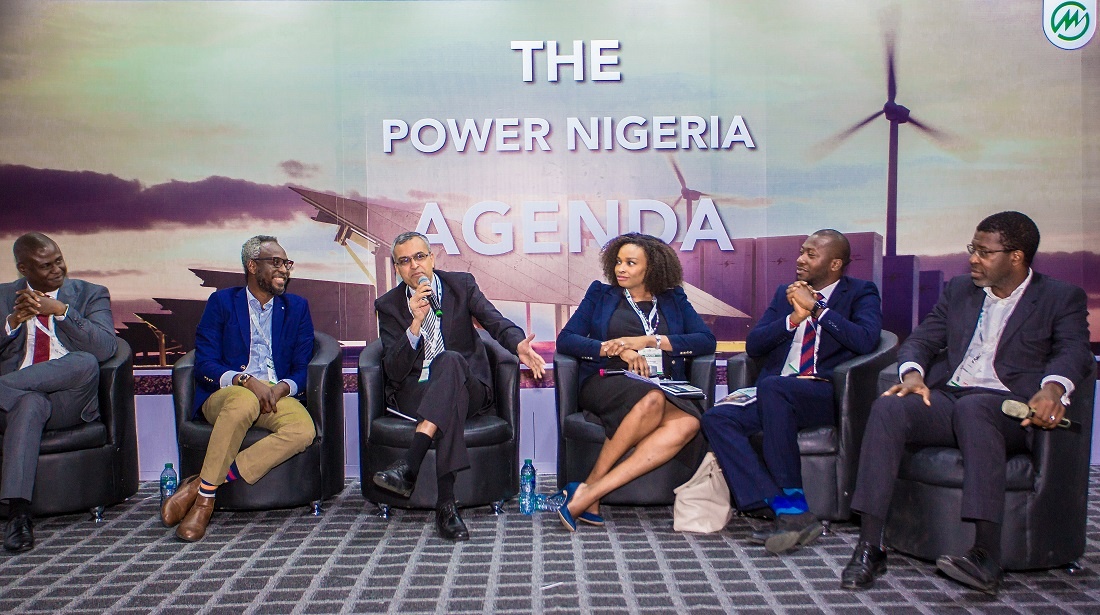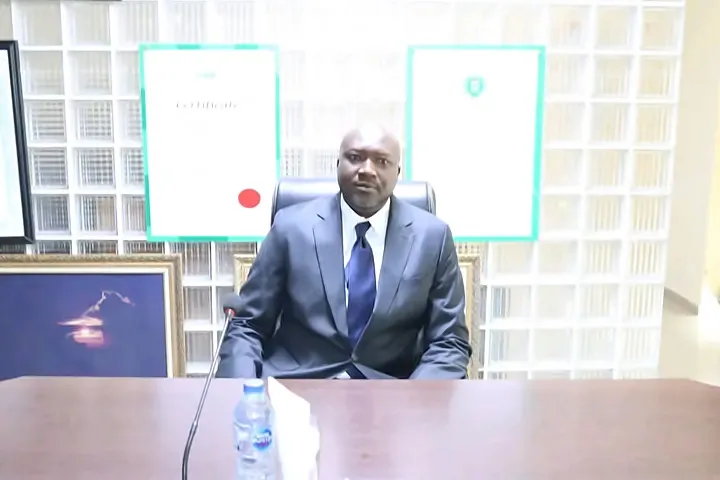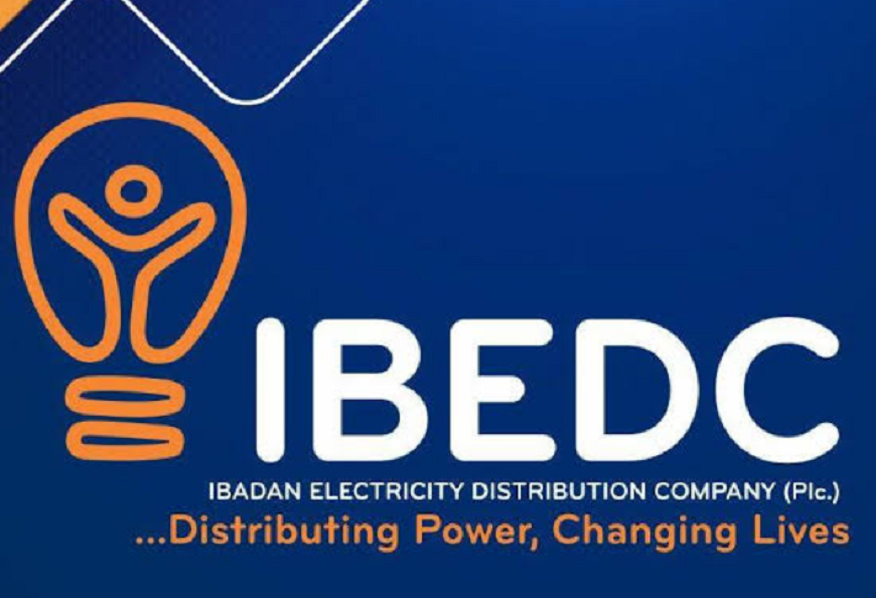General
Power Sector Must be Adequately Funded—Experts

Experts and stakeholders have stressed the need for adequate financing of the energy sector in Nigeria for any meaningful progress to be achieved.
This emphasis was made at the 2019 Power Nigeria Exhibition and Conference which held at the Landmark Centre Lagos. The conference is the largest power event serving West African utility, commercial, industrial and key-end user markets brought together experts from the financial sectors including, the Central Bank of Nigeria, FBNQuest Merchant Bank and Nigeria Infrastructure Debt Fund to discuss collaborative strategies to close the financial gap in the Power sector.
At the programme, experts in attendance shed light on the reforms needed in the energy sector to attain its full potential and yield returns on investments. They also discussed how lack of access to capital is hindering the electricity sector.
Also highlighted were frameworks for assisting companies with funding requests; risk mitigation tools in projects or expansions; electricity-focused mutual funds/collective investment schemes in Nigeria; returns investors can expect and how lending rates can be improved in the next two years.
Speaking at the conference, the Commissioner, Ekiti State Ministry of Infrastructure and Public Utilities, Mr Bamidele Faparusi, explained how good customer relationships are essential for improving the quality of power in the country.
Using Ekiti state as a case study, the Commissioner said, “Improving the power sector in Nigeria calls for collaborative effort between the government, private sector and the end users.
“Unpaid electricity bills affect the proper running of the sector, hence, a need for DisCos to build trust and maintain good relationships with the end users so as to minimize default in payments and address power issues.
“In addition, huge financial investments should be made in distribution networks to attain smartness and profitability while regulatory agencies should ensure compliance with stipulated rules and guidelines”.
On her part, Head –Energy and Natural Resources, FBNQuest Merchant Bank, Ms Rolake Akinkugbe-Filani, said there is a huge financial gap in the sector that needs to be urgently addressed to meet sector growth.
According to Ms Akinkugbe-Filani, “The Nigerian Power Sector needs to rid itself of legacy debt of over 300 Billion Naira if any progress is to be made.
“There is a need for private funding to be injected into the system and for an urgent shift in the funding landscape from investment banks to SME initiatives. Private sector investment could come in terms of advisory, capacity building for project developers as well as financing for capital projects.”
Power Nigeria exists to serve the West African and Nigerian energy market. The event has successfully established itself as an annual hub for suppliers to meet buyers, driving the energy markets in Nigeria forward.
The international brand status combined with local knowledge & stakeholder partnerships results in making Power Nigeria a must-attend event for all energy industry professionals. Join Power Nigeria 2019 from 24-26 September 2019.
General
Senate Seeks Removal of CAC Boss Hussaini Magaji

By Adedapo Adesanya
The Senate has asked President Bola Tinubu to remove the Registrar General of the Corporate Affairs Commission (CAC), Mr Hussaini Ishaq Magaji, from office.
The Senate Committee on Finance, while passing a resolution in Abuja on Thursday, accused Mr Magaji, a Senior Advocate of Nigeria (SAN), of failing to honour the Senate’s invitations to account for the finances of his agency.
“He refused on so many occasions to honour our invitation to appear before this committee.
“We have issues with the reconciliation of the revenue of CAC.
“Each time we invite him, he gives us excuses,” the Chairman of the committee, Mr Sani Musa, said as the committee passed the resolution.
CAC was part of a group of agencies that the House of Representatives Public Accounts Committee (PAC) recommended zero allocation for the year 2026, for allegedly failing to account for public funds appropriated to them.
The committee, at an investigative hearing held two weeks ago, accused CAC and some other ministries, departments and agencies (MDAs) of shunning invitations to respond to audit queries contained in the Auditor-General for the Federation’s annual reports for 2020, 2021 and 2022.
The PAC chairman, Mr Bamidele Salam, stated that the National Assembly should not continue to appropriate public funds to institutions that disregard accountability mechanisms, saying this will create fiscal discipline and strengthen transparency across federal institutions and conform with extant financial regulations and the oversight powers of the parliament.
“Public funds are held in trust for the Nigerian people. Any agency that fails to account for previous allocations, refuses to submit audited accounts, or ignores legislative summons cannot, in good conscience, expect fresh budgetary provisions. Accountability is not optional; it is a constitutional obligation,” he said.
General
IBEDC Promises Stability, Growth After Board Restructuring

By Adedapo Adesanya
The Ibadan Electricity Distribution Company (IBEDC) has announced the reconstitution of its board following the resignation of three nominees of the Asset Management Corporation of Nigeria (AMCON), promising growth and stability.
Earlier this week, the disco, which serves Oyo, Ogun, Osun and Kwara States, as well as parts of Ekiti, Kogi and Niger States, unveiled its new board led by the new chairman, Mr Tunde J. Afolabi.
The newly constituted board include Mr Ayodeji Ariyo Gbeleyi, with Mr Michael I. Magaji as Alternate Director; Mr Taiwo Afolabi; Professor Oladapo Afolabi; Mr Tunde Fayinka; Mr Oluwaseyi Akinwale and Mr Adeolu Ijose.
According to the chairman, the emergence of a new core investor and the reconstituted board marks a significant milestone in the company’s corporate journey and signals a renewed strategic direction focused on stability, continuity and sustainable growth.
“This transition represents renewal, not rupture. It represents investment, not instability. It represents partnership, not division. Our goal is to strengthen governance, enhance operational performance, deepen capital investment and deliver improved service to customers across our franchise areas,” he added.
Mr Afolabi, while addressing customers directly, assured them that there would be no avoidable service disruptions as a result of the transition, stating that all IBEDC offices will remain open, while field operations will continue uninterrupted.
“The new core investor has committed to sustained capital investments in feeder rehabilitation and expansion, transformer upgrades and replacements, injection substation improvements, and the replacement of obsolete network components,” he stated.
He added that IBEDC plans to accelerate the integration of advanced digital and operational technologies, disclosing that these include enhanced outage management systems, strengthened billing platforms, expanded smart metering deployment, and digitised customer engagement channels aimed at improving transparency and service responsiveness.
On workforce stability, the chairman emphasised that there will be no job losses as a direct result of the transition, noting that the board, under his leadership, is committed to employee welfare, improved work tools, modern safety equipment, and technology upgrades to support field efficiency, while maintaining high performance standards.
Mr Afolabi also pledged proactive and structured engagement with regulators, including the Nigerian Electricity Regulatory Commission (NERC) and the Nigerian Electricity Management Services Agency (NEMSA), underscoring its commitment to full regulatory compliance, strengthened governance frameworks, transparency and accountability.
Furthermore, he reaffirmed the commitment of the distribution company to structured and timely payment cycles for vendors and suppliers, recognising their critical role in maintaining network stability.
With the new board in place, he insisted that IBEDC is poised to deepen operational excellence, strengthen financial sustainability, and position itself firmly on the path to becoming Nigeria’s leading power distribution company—powering progress across its franchise with unity, confidence and innovation.
Established in November 2013 following Nigeria’s power sector privatisation, IBEDC operates the largest distribution network serving the highest customer population within Nigeria’s electricity distribution landscape.
General
Eyesan Promises Enhanced Transparency, Digital Transformation at NUPRC

By Adedapo Adesanya
The chief executive of the Nigerian Upstream Petroleum Regulatory Commission (NUPRC), Mrs Oritsemeyiwa Eyesan, has promised to enhance transparency and ensure that the NUPRC’s internal communications are fully digital.
Mrs Eyesan said this when the Executive Secretary of the Nigeria Extractive Industries Transparency Initiative (NEITI), Mr Musa Adar, visited the commission’s corporate headquarters in Abuja.
“We have set for ourselves a 60-day programme to digitise our interactions and communications within the commission. I can assure you that once we get to day 60, there will be no paper trail within the Commission. All our transmissions will be electronic, which also means speed is assured. It means we will be able to trace where we have hiccups,” Mr Eyesan said.
The NUPRC boss said digitising processes often leads to better results, like the enforcement of payments of royalties.
“I can tell you without a shadow of doubt that for royalty payments, the default rate was enormous prior to 2025 when the Commission went live on the system. Now, compliance has improved,” Mrs Eyesan said.
The NUPRC boss sought a deepened relationship with NEITI, which will foster transparency, especially amid the 2025 Licensing Round.
In his remarks, the NEITI’s scribe said there was a need for the NUPRC to carry the agency along in its operations as this would not only enhance transparency but also deepen investor confidence.
Mr Adar also urged the commission to be firm on oil companies that run afoul of the Petroleum Industry Act.
Speaking on the Extractive Industries Transparency Initiative, Mr Adar asked that the NUPRC actively participate in the 2026 EITI flagship conference, which will provide the Commission with better insights into the standards that guide EITI implementation.
The NEITI boss also sought support from the Commission in the area of data sharing, which will enhance the operations of the agency.
“We are here to seek understanding, and we must collaborate,” Mr Adar said.
-

 Feature/OPED6 years ago
Feature/OPED6 years agoDavos was Different this year
-
Travel/Tourism10 years ago
Lagos Seals Western Lodge Hotel In Ikorodu
-

 Showbiz3 years ago
Showbiz3 years agoEstranged Lover Releases Videos of Empress Njamah Bathing
-

 Banking8 years ago
Banking8 years agoSort Codes of GTBank Branches in Nigeria
-

 Economy3 years ago
Economy3 years agoSubsidy Removal: CNG at N130 Per Litre Cheaper Than Petrol—IPMAN
-

 Banking3 years ago
Banking3 years agoSort Codes of UBA Branches in Nigeria
-

 Banking3 years ago
Banking3 years agoFirst Bank Announces Planned Downtime
-

 Sports3 years ago
Sports3 years agoHighest Paid Nigerian Footballer – How Much Do Nigerian Footballers Earn












